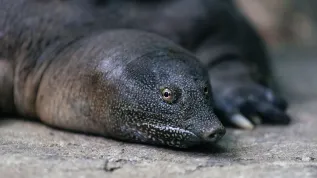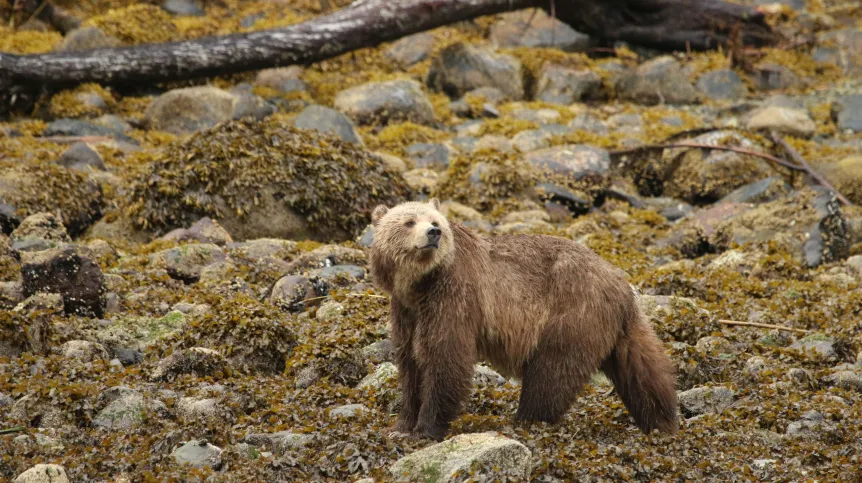
Brown bears communicate dominance and attract sexual partners with their scent. By smelling the chemical traces left by other individuals, they can determine their age and sex. A team of scientists including Polish researchers analysed the composition of such scented 'messages'.
According to the co-author of the study, Dr. Agnieszka Sergiel from the Institute of Nature Conservation of the Polish Academy of Sciences, members of the international team have decoded the composition of the body odour of a brown bear. Methods used in chemical ecology enabled them to determine how animals communicate their age, sex and individual traits.
MESSAGES HIDDEN IN THE SCENT
The initiator of the research project, Dr. Melanie Clapham from the University of Victoria in Canada, has analysed the behaviour of wild brown bears for many years. The researcher explains that scientists had increasing evidence from all over their geographic range that brown bears rub against trees and other objects primarily to communicate with each other.
However, only a few studies had been done to assess the chemical side of this story. The scientists wanted to find out whether there were hidden messages in the chemical composition of the scent, the content of which they would be able to +read+.
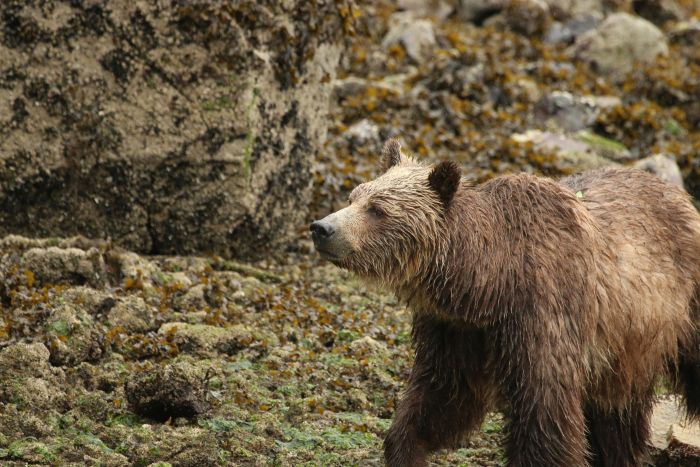
Alaska Department of Fish and Game employees took scent samples from 12 brown bears. The samples were collected from various places on the bears' bodies, including the cheek, flank, hump (muscle between the shoulder blades) and pedes (spaces between the toes); all these areas of the body are used for marking.
Scientists analysed them for the presence, abundance and uniqueness of volatile organic compounds. They found that these scent profiles varied between individuals and by age-gender class. This indicates that brown bears can recognize these traits when sniffing traces left by other individuals.
SCENT MESSAGE BOARDS
The Polish co-author of the study explains that bears have a highly developed sense of smell and are able to process scent information. Their scent glands are enlarged or modified. The animals have evolved behaviours that ensure that they leave scent that persists and is detected.
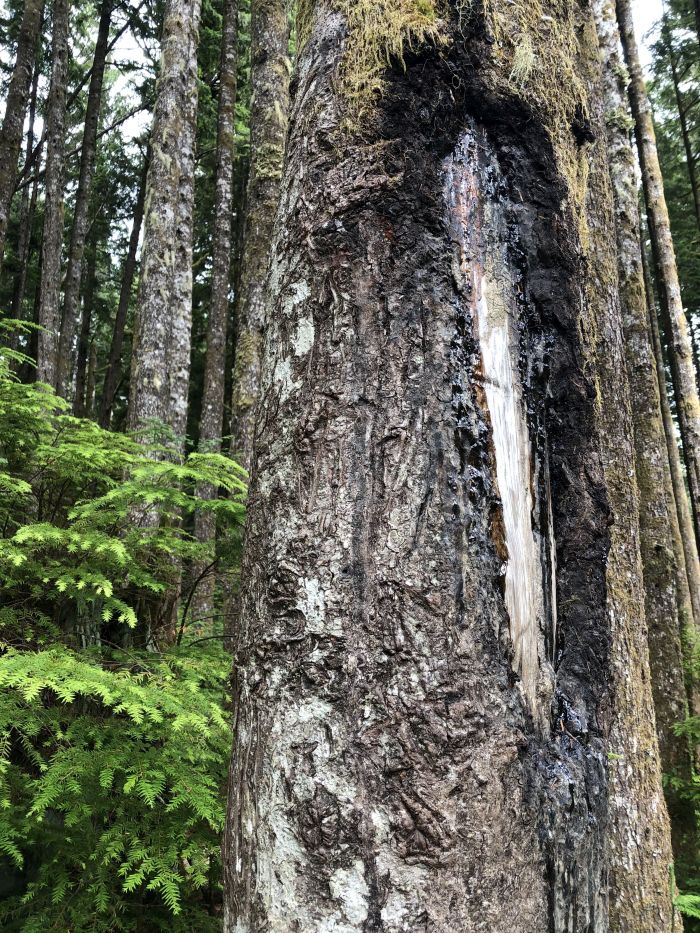
Solitary species, including bears, use specific scent sites as 'message boards' to transmit chemical signals. According to the researchers, chemical communication behaviour in brown bears suggests that it this communication is mainly used to communicate dominance and attract mates. However, the content of these chemical messages remained unclear.
New research results of an international group of scientists from the University of Victoria, University of Saskatchewan, San Diego Zoo Wildlife Alliance and the Institute of Nature Conservation of the Polish Academy of Sciences have been published in a paper article in the journal Scientific Reports from the Nature group.
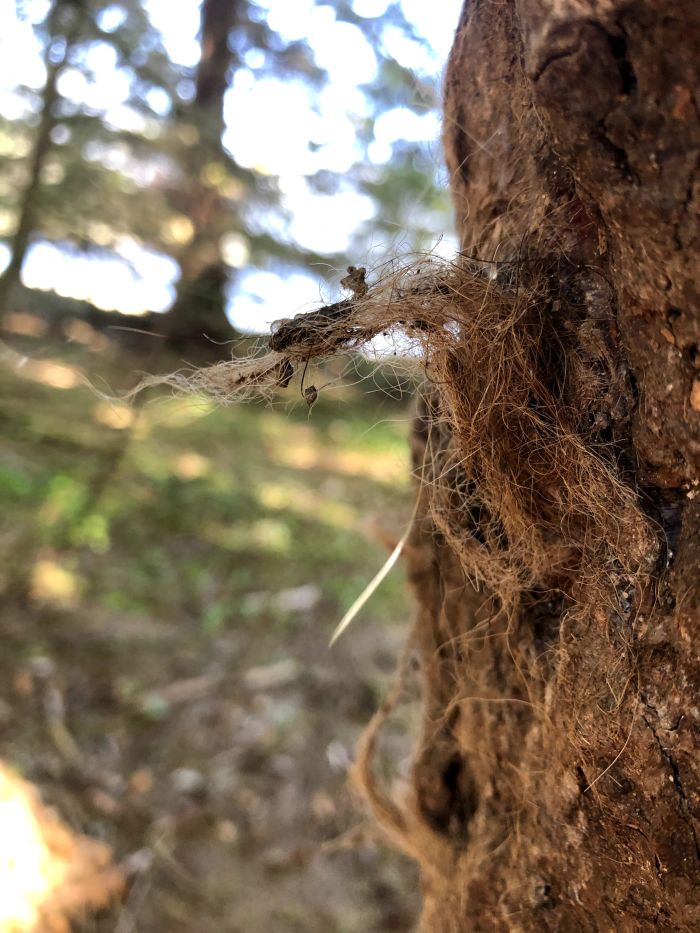
“Our results allow to better understand how and why bears communicate. This is also very important for our understanding of the social organization and reproductive behaviour of bears,” said Dr. Agnieszka Sergiel.
PAP - Science in Poland
kol/ agt/ kap/
tr. RL

